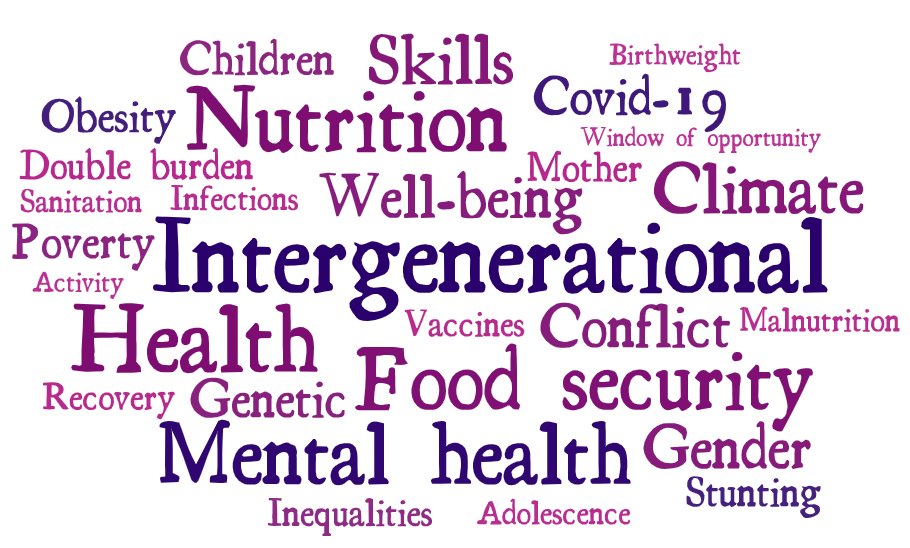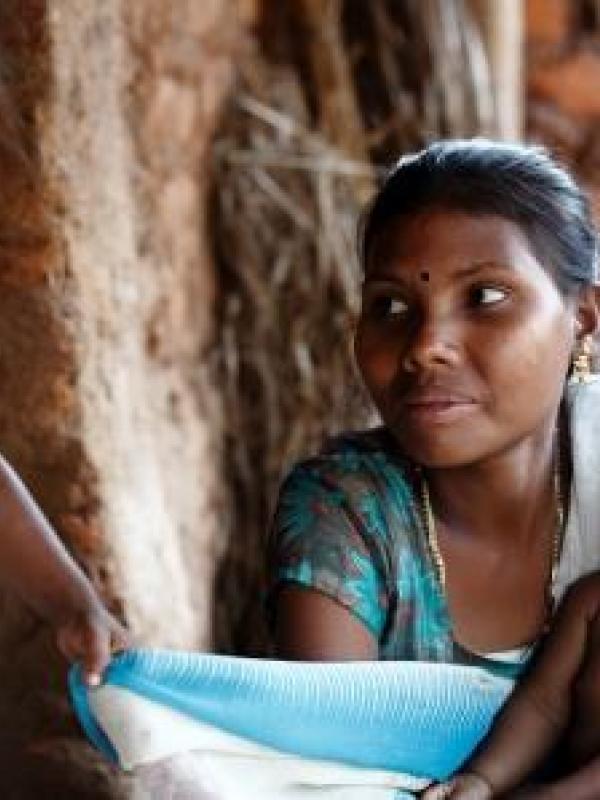Breadcrumb
Health, well-being, and good nutrition are fundamental to children and young people achieving their full potential in life, as set out in Sustainable Development Goals 2 & 3.
Young Lives longitudinal data allows us to examine how exposure to poor health and nutrition in early childhood impacts later life outcomes, including learning and skills, and how widening inequalities increase the vulnerability of young people to current crises, including the COVID-19 pandemic, conflict, and climate change.

Our Learnings
We have seen significant improvement in the health and well-being of the Young Lives children as they have grown into young adults over the last two decades. We can now start to monitor the health and well-being of the children of the children in our study. We see they are less likely than their parents to be physically stunted, and more likely to have access to antenatal care, clean water and sanitation than when the Young Lives study began, back in 2002.
Despite this progress, widening inequalities expose disadvantaged children to shockingly high rates of undernutrition across Andhra Pradesh and Telangana. In recent years, we have also seen an increasing prevalence of over-nutrition and obesity, in Andhra Pradesh and Telangana, resulting in a growing health challenge of the double burden of malnutrition.
Malnutrition can have severe long-term consequences, affecting physical growth, cognitive skills, and learning in school. Importantly, our evidence shows that early growth stunting can be reversed over a much longer period than previously thought – well beyond the first 1,000 days, even up to the age of 15 years - and that physical recovery is associated with better performance in cognitive tests and progression through school. Sustained investment in children’s development throughout the first two decades of life is therefore crucial.
The COVID-19 pandemic has led to widespread food insecurity gobally, with an increasing proportion of vulnerable Young Lives households running out of food, potentially reversing past progress in improving health and nutrition. Increased childhood exposure to climate shocks such as droughts and floods is also having an unequal impact on healthy diets and children’s development, with significant effects persisting across generations.
The pandemic is also taking its toll on mental health, with a striking fall in subjective well-being and increased levels of anxiety and depression among young people in our study. This is at a time in their lives when they may be particularly vulnerable to developing long-term mental health conditions, as they transition to employment and may be starting families of their own.


